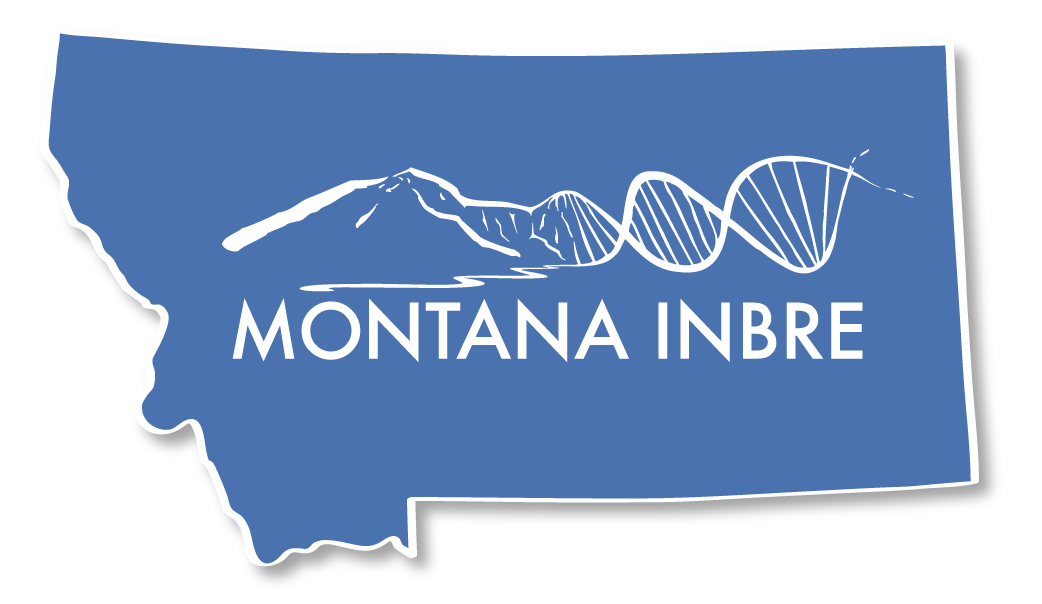Monica Skewes Presents The Science of Addictive Behaviors
October 16, 2014
6:00pm Baxter Ballroom, 105 W. Main, Bozeman, MT
Although addictive behaviors remain a major concern with vast implications for public health and policy, there is much to be learned from people who have successfully made lifestyle changes like quitting smoking and moderating alcohol consumption. Substance dependence is particularly difficult to change due to adaptations in the brain’s dopamine reward system following repeated use of drugs of abuse. Yet, people can and do recover from substance use disorders. Addiction has been a focus of scientific research for nearly 80 years, and we have made leaps and bounds in our understanding of this complex behavioral phenomenon due to the application of basic scientific principles. Despite dramatic increases in scientific knowledge about how to understand, prevent, and treat addictive behavior, many of the beliefs held by the public are out of date or unsupported by the scientific literature. At this Café, we will discuss common misperceptions about addiction, what the evidence shows about how people change behavior, and future directions for the field of addiction science.
Dr. Monica Skewes is an assistant professor of psychology at MSU, having recently relocated from Fairbanks, AK, where she was an assistant professor with a joint appointment in psychology and in the Center for Alaska Native Health Research. Before her first faculty position, Monica completed a three-year postdoctoral fellowship on alcoholism etiology and treatment funded by the National Institute of Alcohol Abuse and Alcoholism at the Research Institute on Addictions in Buffalo, NY. Her research lab at MSU, the Research, Education, And Culture in Health (REACH) Lab, is collecting data on addictive behaviors and mental health among college students with plans to expand this work into rural community settings in Montana.
The Café Scientifique was co-sponsored by Montana INBRE and Montana State University COBRE programs.


